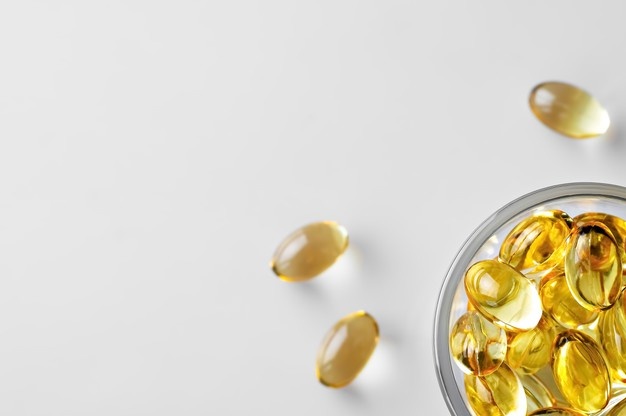Fish oil is a popular dietary supplement that is high in omega-3 fatty acids and other important elements. It is thought to be beneficial to one’s general health.
Fish oil is used by proponents of natural medicine to treat a variety of symptoms, ranging from mental health issues to chronic ailments.
Omega-3 fatty acids in fish oil are thought to aid in the regulation of the body’s natural activities. Proponents of the supplement claim that it may also stimulate hair growth, moisturize hair follicles and make the strands stronger.
But are all those things true? Well, this article will clarify your doubts and reveal if omega-3 is really good for growth and thickness or not.
The importance of Omega-3
Our body requires omega-3 fatty acids to function correctly, but we cannot synthesize them on our own. In order to obtain these nutrients, we have to consume them through diet and supplements.
Omega-3 has diverse proven benefits for health, such as reduction of triglyceride levels, relieve of rheumatoid arthritis symptoms, and slow the progression of age-related macular degeneration.
Omega-3 for hair

Many people eat fish or take fish oil supplements to increase hair development and prevent hair loss, which suggests that the omega-3 in fish oil:
- Nourishes hair follicles and skin, since it is rich in proteins and nutrients.
- Reduces hair follicle irritation, which is a condition that can cause hair loss.
- Encourages blood flow to the scalp, which may stimulate hair growth.
How to use Omega-3 for hair

You can apply fish oil directly to the scalp; however, there is not enough scientific evidence to prove the effectiveness of topical use. Plus, fish oil has a strong and unpleasant smell that can stick to your hair.
Taking this into consideration, we can conclude that the most effective way to consume Omega-3 is by including more fish to your diet. Salmon, herring, mackerel and tuna are examples of fish rich in Omega-3.
If you don’t eat fish, another solution is taking dietary supplements. However, always consult a doctor before including supplements to your diet.
How much Omega-3 is healthy to take?

Up to 5,000 mg of omega-3 fatty acid supplements can be safely consumed daily, according to the European Food Safety AuthorityTrusted Source. However, always talk to your doctor: this professional will know the exact quantity of nutrients your body needs and if you need dietary supplements or not.
Side effects
Omega-3 supplements are generally safe: they usually don’t present many side effects, and when they do, they are mild. Such as:
- Diarrhea
- Bad breath
- Nausea
- Headache
- Indigestion
Omega-3 and fish oil supplements are not recommended in case you take some medications like contraceptives, blood pressure medication and anticoagulants.
[1]Benefits of Fish Oil for Hair and How to Use. (2019). Healthline. https://www.healthline.com/health/fish-oil-for-hair#takeaway
In general, Omega-3 is great for health, and increasing your consumption of it can not only improve your hair appearance, but be beneficial for your general health. But, like any other supplement, you must consult your doctor or nutritionist before adding it to your diet.
Did you like this article? Share it with your friends and follow us on social media!
Plus, don’t forget to visit our website.
References
